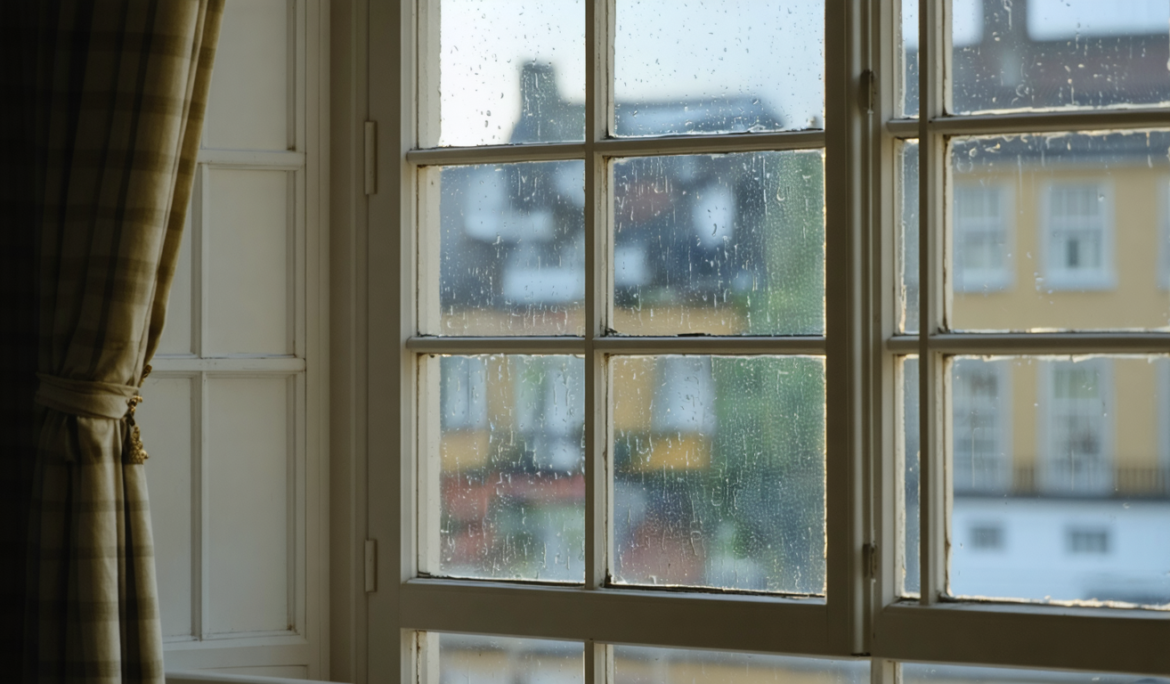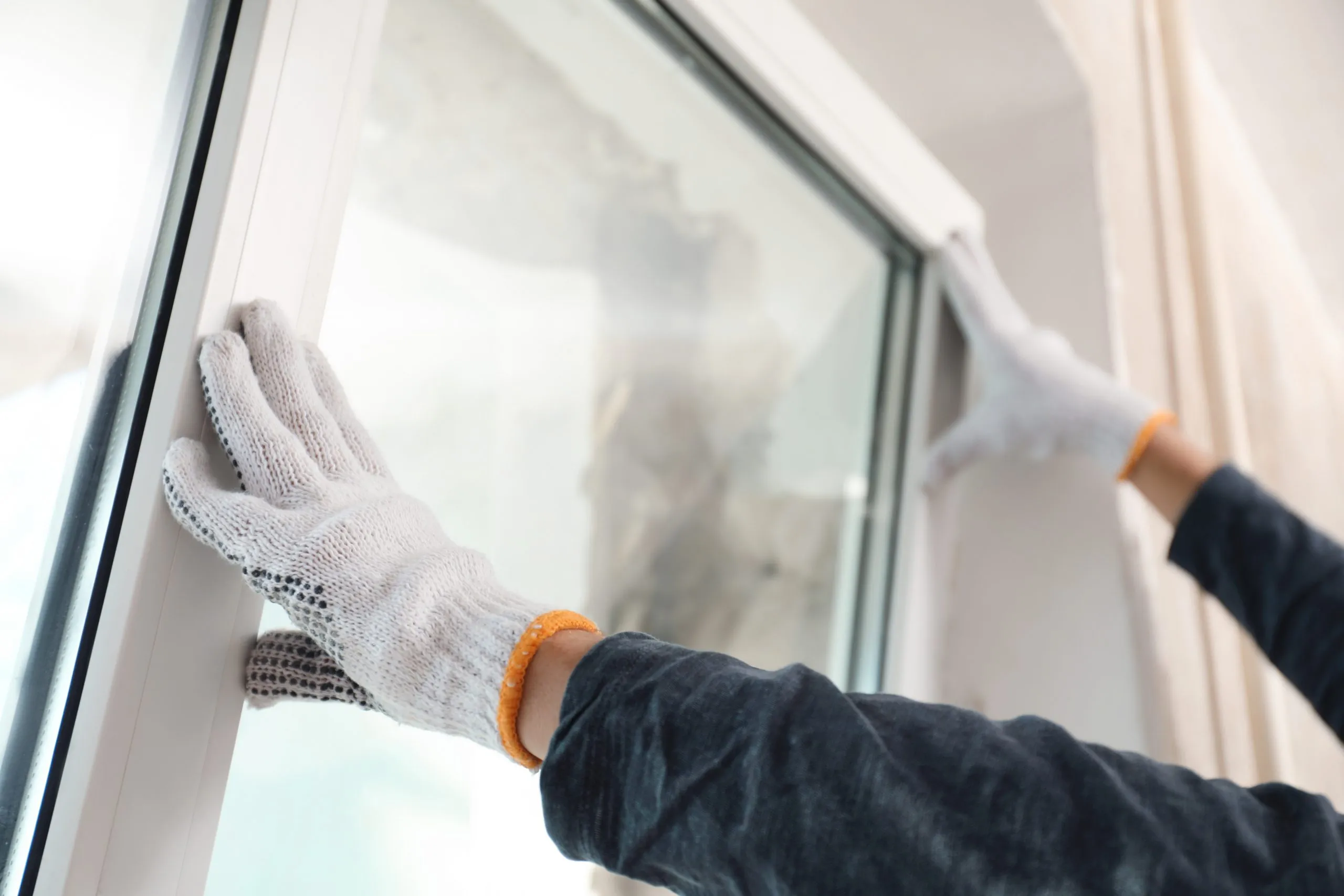When it comes to window reglazing due to different reasons (cracked glass, broken glass or foggy glass) you may come with a question “Which type of glass should I choose?” The industry of home window glass doesn’t stand still. New technologies and materials appear in order to make our houses and homes secure, cozy, warm in winter and chilly in summer. The Fixhomeglass team decided to explore the topic: “Types of glass: let’s choose the right one” for you to help make a decision and step forward for your own comfort! We work for you in Chicago suburbs, here are our service areas.
Every professional glass specialist knows which type of glass would be the most appropriate variant in every single case. The Fixhomeglass company prepared a glass type cheat sheet to help you make the right choice!
- IGU (Insulated Glass Units):
An insulated glass unit (IGU) consists of two or more panes of glass hermetically sealed together with a spacer to form a single unit. This design significantly improves thermal and acoustic insulation while increasing the overall energy efficiency of the window. At Fixhomeglass, we install high-performance IGUs such as insulated glass units from Cardinal IG Company, specifically engineered to withstand temperature fluctuations and resist fogging thanks to a durable thermal seal.
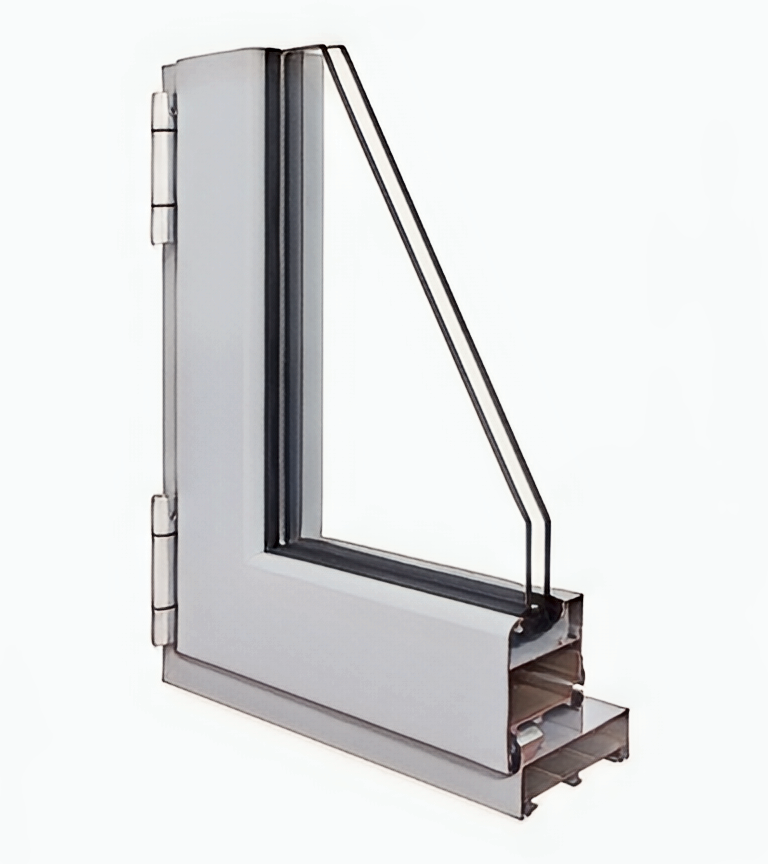
Advantages:
Excellent thermal and sound insulation, increased energy efficiency, protection against temperature changes. The airtight seal prevents condensation. Insulated glass units from Cardinal IG Company guarantee durability and resistance to fogging.
Disadvantages:
If the sealed layer is damaged, the unit loses its insulating properties and must be replaced. However, this is rare, and the Fixhomeglass team can quickly repair any damage.
Recommended use:
For all types of windows, especially in residential areas where comfort, quietness, and energy efficiency are important — for example, in homes and apartments facing noisy streets or in cold climates.
- Annealed Glass:
Annealed glass is standard, untreated float glass that has not undergone any additional strengthening processes. It is best suited for applications where safety glazing is not required. Although it breaks into sharp, jagged pieces, it remains a popular choice for certain window styles and low-risk areas.
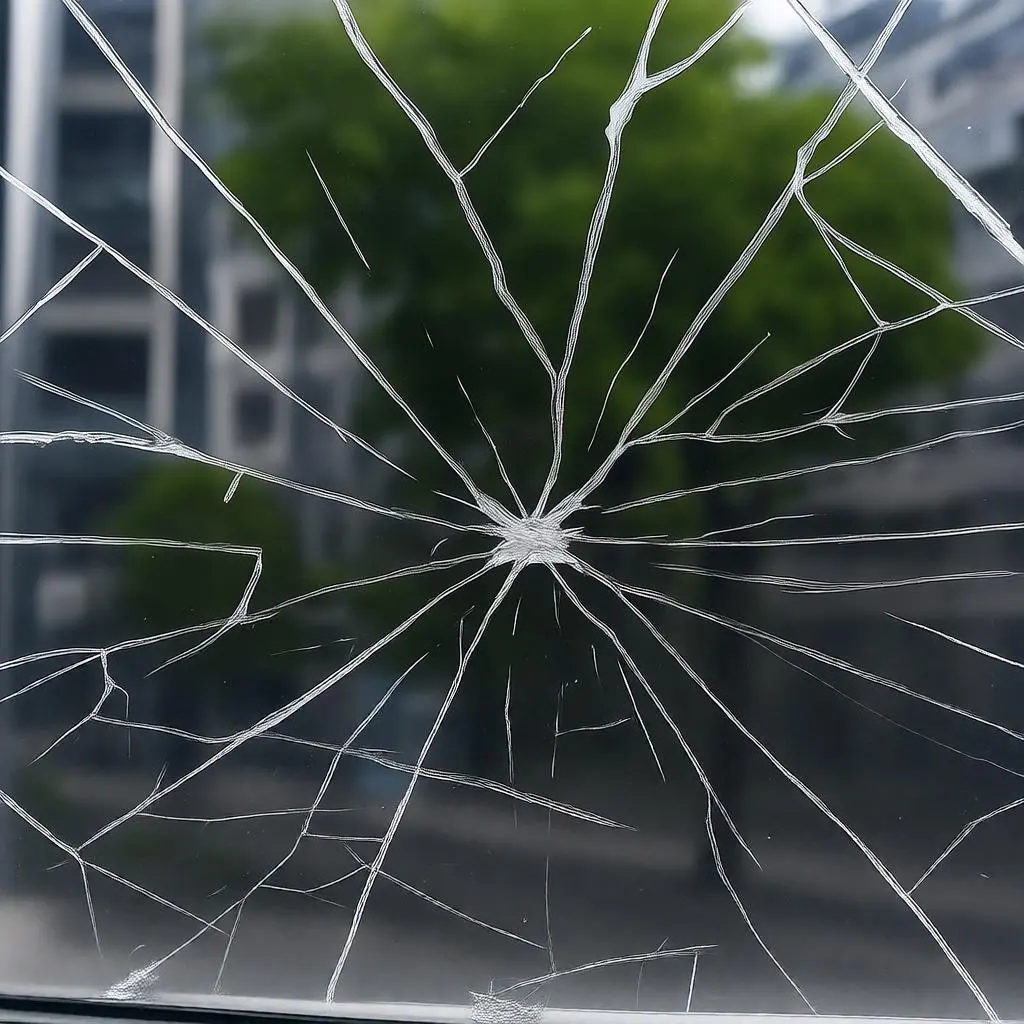
Advantages:
High quality and clarity, cost-effective, easy to cut and process.
Disadvantages:
Low strength and breaks into sharp, dangerous shards. Does not meet safety requirements in critical areas.
Recommended use:
In low-risk areas where there is no danger of impact or injury — for example, in high-up blind windows or interior decorative applications.
- Tempered Glass (Safety Glass):
Tempered glass is up to five times stronger than annealed glass. When broken, it shatters into small, relatively harmless pieces, making it ideal for use in doors, windows near walkways, and other locations where safety is a priority. Fixhomeglass always uses tempered glass for sliding patio doors and bathroom windows.
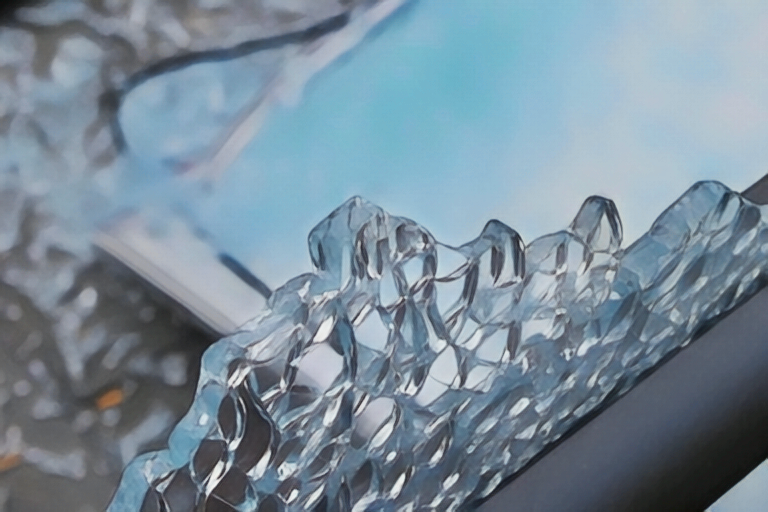
Advantages:
4–5 times stronger than regular glass, resistant to heavy loads and temperature changes. Breaks into small, blunt pieces, making it safe for people.
Disadvantages:
More expensive than regular glass. Cannot be cut or drilled after tempering.
Recommended use:
In doors, windows near entrances, balcony doors, bathrooms, and other areas where safety standards apply.
- Low-Emissivity Glass (LoE Glass):
LoE glass features a microscopically thin metallic coating that reflects infrared energy while allowing visible light to pass through. This helps keep homes warmer in winter and cooler in summer, reduces energy costs, and protects furniture, flooring, and fabrics from UV damage. LoE glass is an excellent upgrade for homeowners who want improved energy efficiency without sacrificing natural daylight.
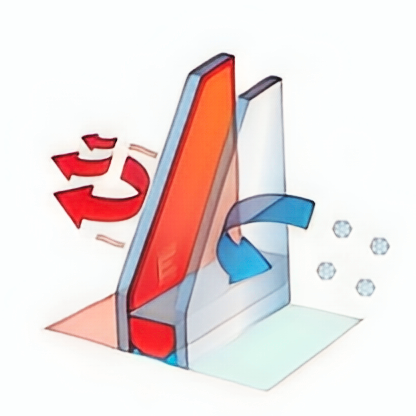
Advantages:
Reflects infrared radiation, keeping interiors warm in winter and cool in summer. Reduces energy consumption for heating and cooling. Protects interiors from UV fading while maintaining natural light transmission.
Disadvantages:
Higher cost compared to standard glass. Most effective when used as part of a double-glazed unit.
Recommended use:
For homeowners looking to improve window energy efficiency without changing the design or reducing natural light.
One more option: pattern and colored glass:
Pattern and colored glass is a great option for those who want to give their home a special charm and character. This type of glass allows you to experiment with exteriors and interiors. This glass is great for bathroom windows, front doors, attic windows and basement windows. The Fixhomeglass team will be happy to install new glass for you and, if necessary, help you with your choice!
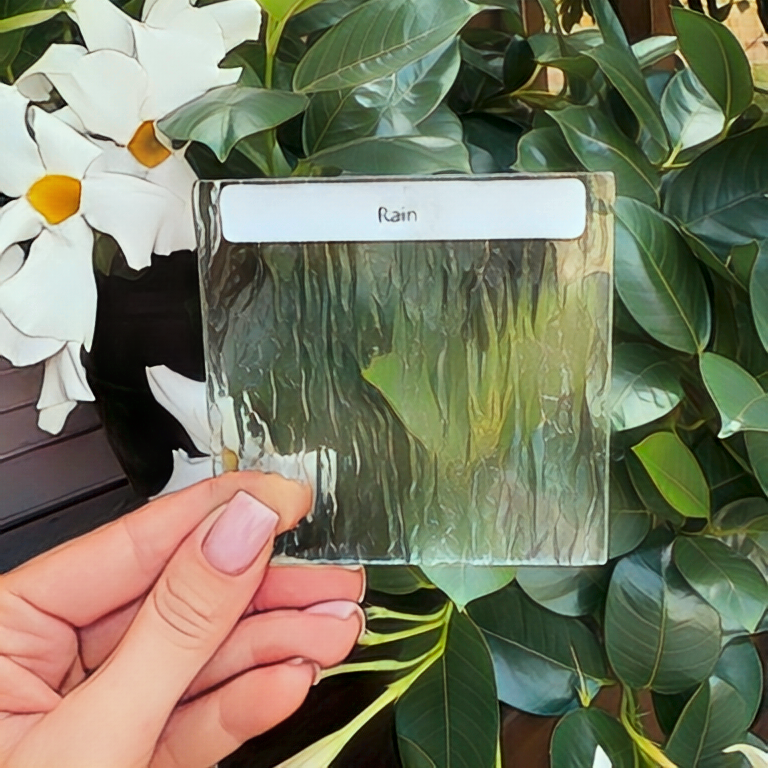
We install all of these types of glass. If you have a difficulty with choosing, just call us or leave an application form on our website. There you can get a quote using our online calculator and call us for a free window glass condition assessment. Do you have any questions? We’ll be happy to assist! Need the best window glass fixer near you? Better call Fixhomeglass! +1 (630)225-3105

